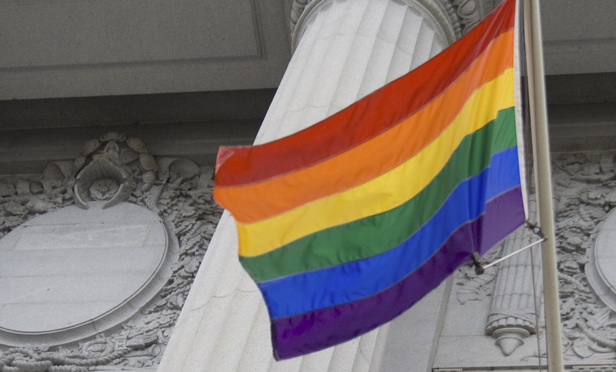Generally, a name defines an individual. It is a sense of who you are and how you present yourself in the world. However, when a person feels that his or her name no longer represents who he or she is as a person, one must undergo the arduous legal process of a name change in order to officially correct legal identity documents, including one’s driver’s license, passport, a marriage certificate and deeds to real property.
Under Pennsylvania law, an individual seeking a legal name change for reasons other than marriage (which now includes LGBT individuals), divorce or adoption must file a petition with the court of common pleas for the county in which he or she resides. Accordingly, you must provide fingerprints to process through the FBI database, submit to a criminal background check to ensure that the name change is not to avoid civil or criminal judgments, and a family court judgment search to ensure that you are not attempting to avoid paying child support. As if those requirements were not enough, you must also publish notice of the name change hearing in two local newspapers of general circulation and depending on the county, have a hearing presided over by a judge who asks questions regarding your intent for the name change.
This content has been archived. It is available through our partners, LexisNexis® and Bloomberg Law.
To view this content, please continue to their sites.
Not a Lexis Subscriber?
Subscribe Now
Not a Bloomberg Law Subscriber?
Subscribe Now
LexisNexis® and Bloomberg Law are third party online distributors of the broad collection of current and archived versions of ALM's legal news publications. LexisNexis® and Bloomberg Law customers are able to access and use ALM's content, including content from the National Law Journal, The American Lawyer, Legaltech News, The New York Law Journal, and Corporate Counsel, as well as other sources of legal information.
For questions call 1-877-256-2472 or contact us at [email protected]



